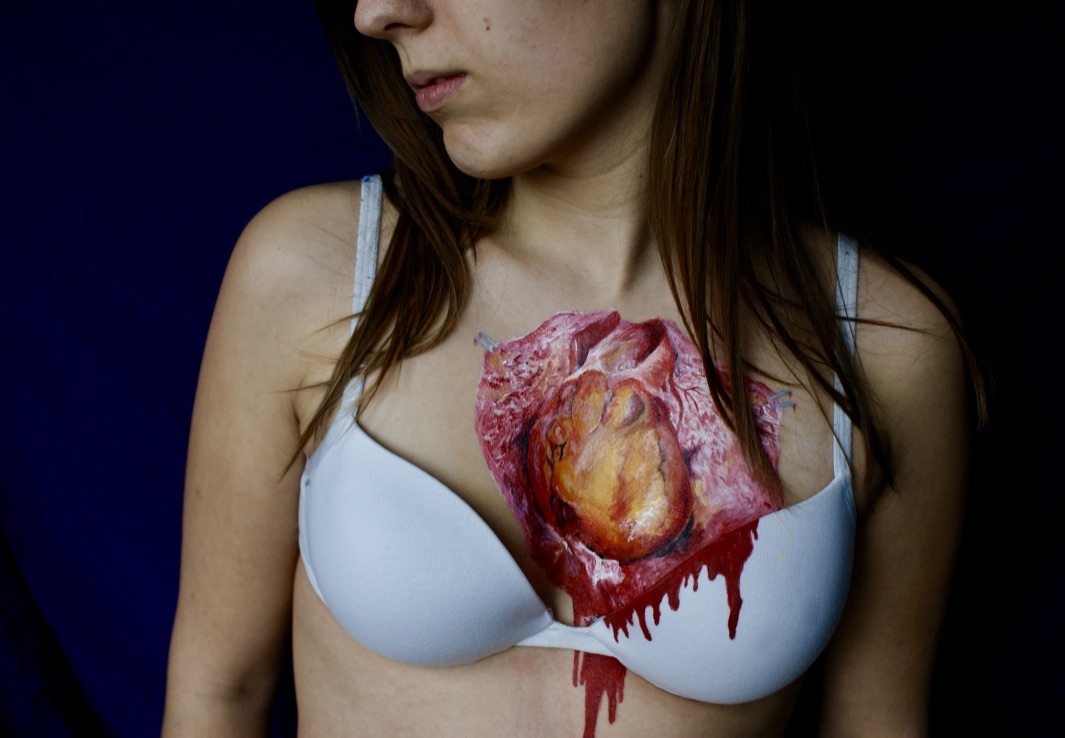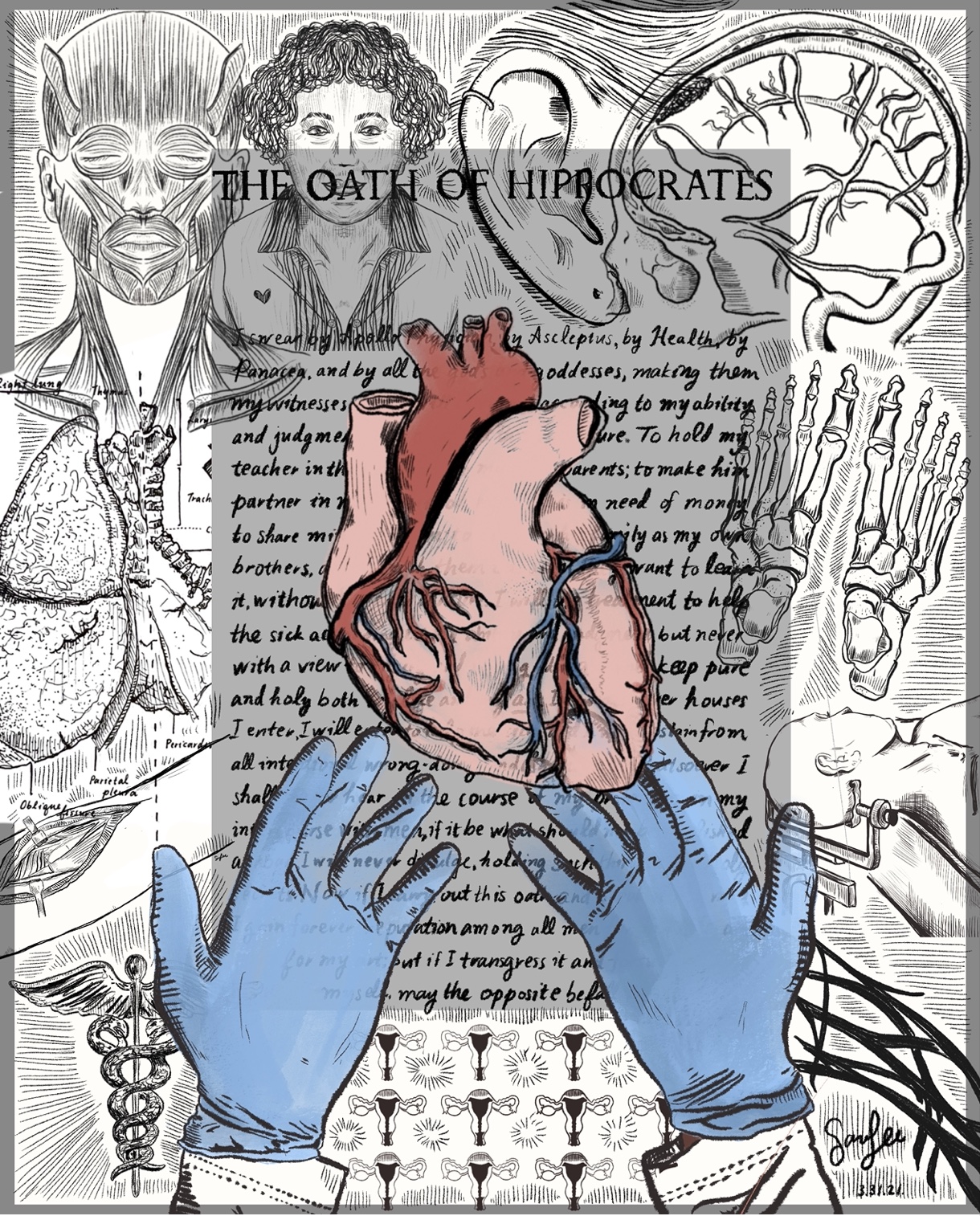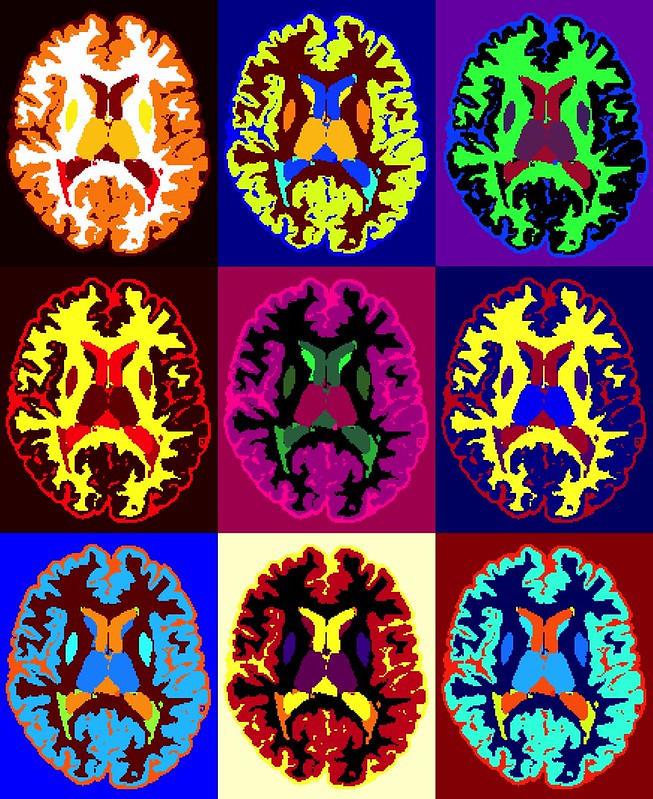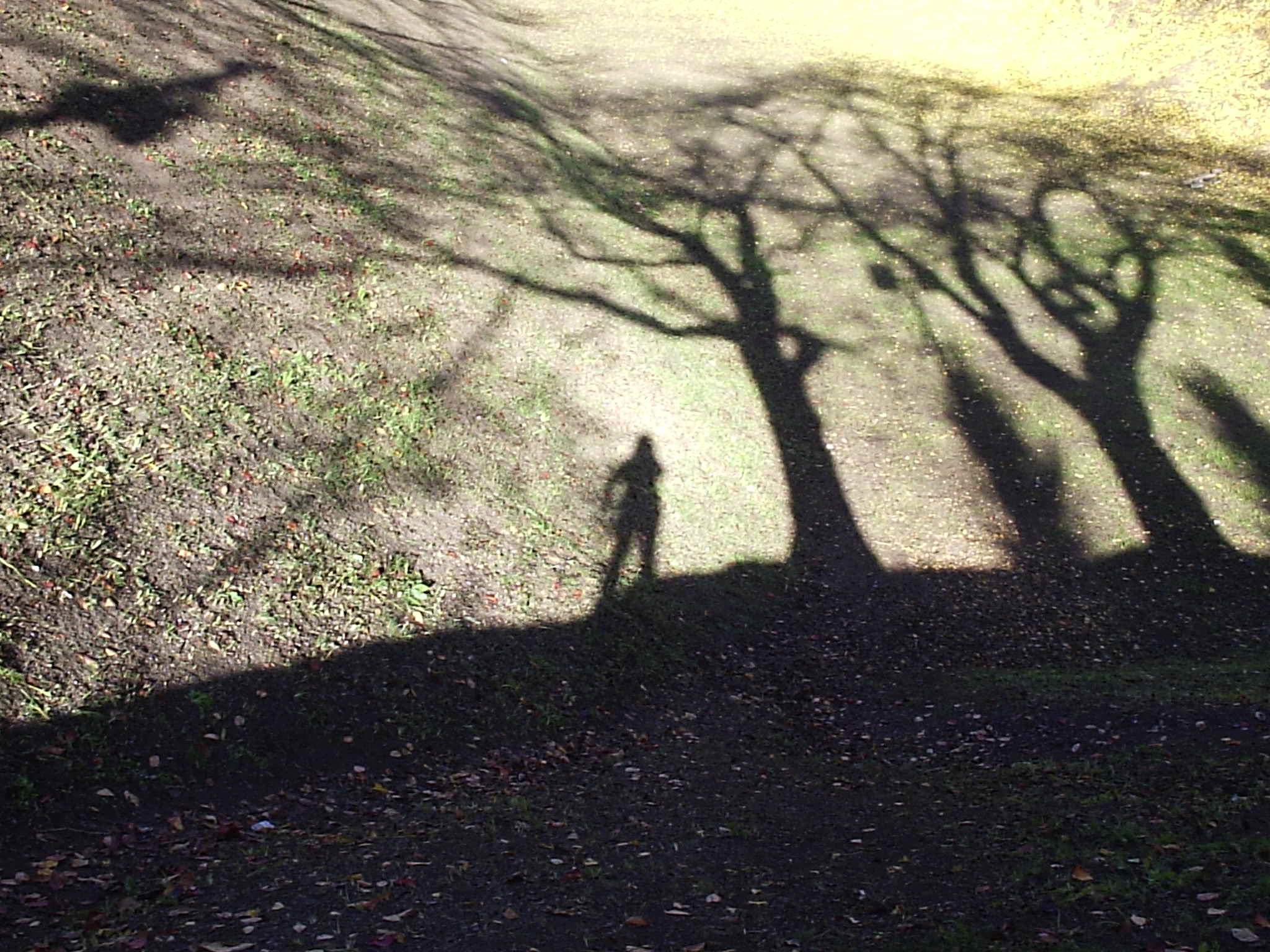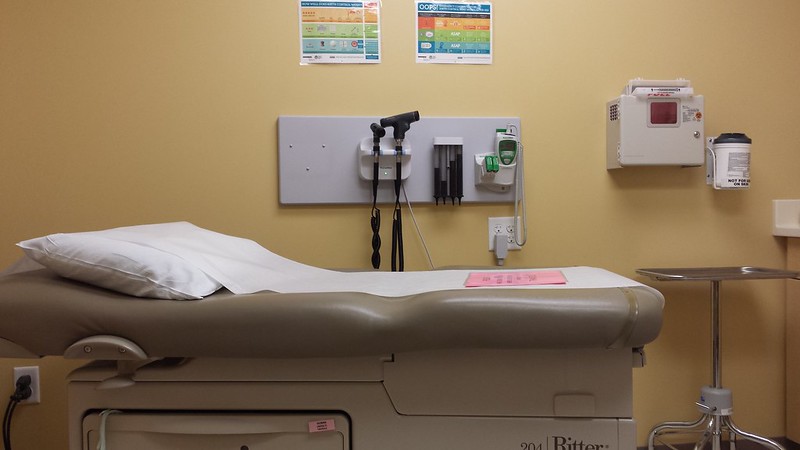Open Heart (2022)
This work is about vulnerability and the feeling of being vulnerable. There is a special exposure to vulnerability for everyone who is taking part in healthcare systems, be it of course as a patient who potentially suffers restrictions in their physical and/or psychic integrity trough illness or also the caregivers who are under pressure to be attentive, know the right things, act and speak properly all the time.

